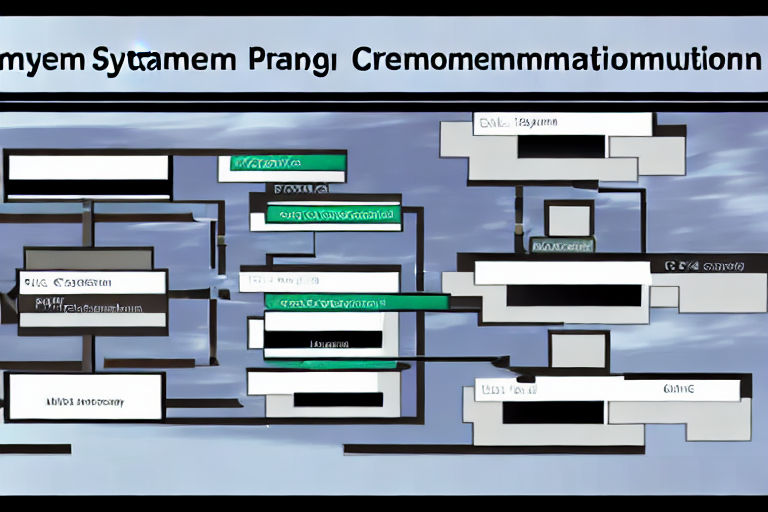The Importance of Memory Management in C++ System Programming
C++ is a popular programming language for developing system-level software due to its performance and memory management capabilities. However, memory management is a crucial aspect of programming in C++ and one of the main reasons why developers choose to use it over other programming languages.
What Is Memory Management?
Memory management refers to the process of allocating and deallocating memory in a program. In C++, memory is managed either manually or automatically. Manual memory management, also known as explicit memory management, requires the programmer to allocate, use, and deallocate memory explicitly. Automatic memory management, also known as implicit memory management, allows the system to take care of memory allocation and deallocation automatically.
The Importance of Memory Management
Memory management is an essential aspect of C++ programming because it directly affects the performance and stability of the system. Inefficient use of memory can lead to memory leaks, memory fragmentation, and crashes, which can cause severe consequences, especially in system-level software.
Memory Management Techniques
C++ provides several memory management techniques, including:
- Stack allocation: Allocates memory from the stack, which is a limited amount of memory reserved for a program. This technique is efficient and fast but not suitable for large data structures
- Heap allocation: Allocates memory from the heap, a larger pool of memory than the stack. This technique allows dynamic allocation of memory but requires explicit deallocation
- Smart pointers: Provide automatic memory management by managing the allocation and deallocation of memory automatically. They are safer than raw pointers as they prevent memory leaks and other errors
Best Practices for Memory Management in C++
To ensure efficient and safe memory management in C++ programs, here are some best practices:
- Avoid dynamic allocation of memory: Prefer to use local variables or static-sized arrays whenever possible to minimize the risk of memory leaks and buffer overflows
- Always initialize your variables: Initialize your variables to ensure they contain the expected values
- Use smart pointers when possible: Use smart pointers to avoid memory leaks and other pointer-related problems
- Avoid raw pointers: Raw pointers are prone to errors and require manual memory management, making them less safe and efficient than smart pointers
- Monitor your memory usage: Keep an eye on your program's memory usage to detect memory leaks and other problems early
Conclusion
Memory management is crucial in C++ system programming as it affects the performance and stability of the system. As a developer, it is essential to understand and follow best practices for memory management to avoid memory leaks, crashes, and other problems.



